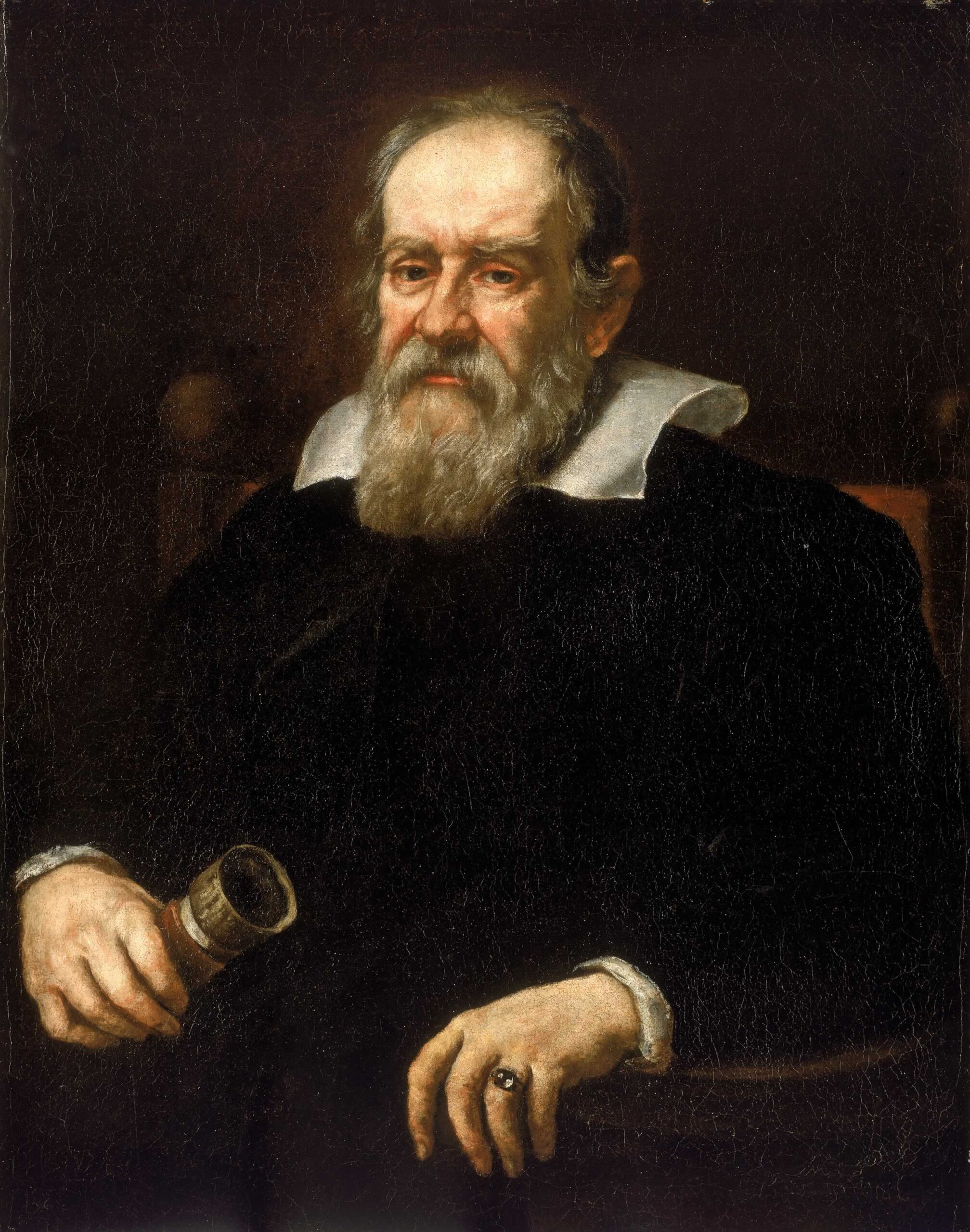The narrative of Galileo Galilei’s incarceration is a profound illustration of the perennial struggle between empirical truth and dogmatic authority. This historical episode resonates profoundly with the Bahá’í teachings, reflecting the courage required to uphold the truth in the face of overwhelming opposition. In elucidating this story, we can explore various perspectives through which readers can gain insight into the intersections of science, faith, and moral integrity.
To commence, it is vital to contextualize Galileo’s era. The 17th century was marked by profound change, as the scientific revolution began to unfurl its wings. Galileo, armed with the burgeoning principles of observation and experimentation, stood in stark contrast to the established doctrines of the Church, which held the geocentric model as irrefutable. The clashing paradigms offer a fertile ground for discussion about how societal norms can sometimes obstruct the path to enlightenment.
From the perspective of Bahá’í teachings, the episode of Galileo serves as a poignant reminder of the need for an open-minded approach to truth. Bahá’ís advocate for the unity of science and religion, positing that when the two are misaligned, humanity suffers. Galileo’s defiance in advocating heliocentrism exemplifies the courage required to convey innovative ideas. His steadfast commitment to scientific inquiry encourages individuals to transcend societal constraints that inhibit the search for veracity.
Another essential dimension to explore is the concept of courage. Galileo faced condemnation not simply for his discoveries but for challenging the entrenched beliefs of his time. Akin to the Bahá’í view on courage—the willingness to stand firm in one’s convictions—the narrative highlights how Galileo’s perseverance epitomizes the strength found in advocating for the truth, despite dire repercussions. This facet of his story serves as a beacon for Bahá’ís, promoting the idea that truth, regardless of its acceptance, must be pursued with vigor.
Equally significant is the role of the individual in relation to collective belief. The Bahá’í Faith teaches that truth is not static, but rather evolves as humanity progresses. Galileo’s interactions with his contemporaries provide insights into the resistance individuals often encounter when challenging dogma. His imprisonment illustrates the societal fears that arise when the status quo is threatened. Observing this dynamic, readers can glean understanding of the necessity of fostering environments where diverse perspectives are embraced, rather than persecuted.
Furthermore, the impact of Galileo’s work extends beyond his lifetime, influencing thinkers, scientists, and philosophers for centuries to come. The Bahá’í teachings underscore the importance of legacy, urging followers to consider the ripple effect of their actions. In contemplating Galileo’s contributions, individuals are encouraged to reflect on how their own pursuit of truth might inspire future generations. The ramifications of Galileo’s courage cultivate conversations about the potential within each person to effect profound change through steadfast advocacy for truth and justice.
In the realm of theology, the implications of Galileo’s experiences raise critical questions about the intersection of belief and empirical observation. The Bahá’í writings emphasize that truths revealed through spiritual means must harmonize with scientific discovery. This alignment encourages readers to forge connections between faith and rationale, fostering a holistic understanding of the universe. This perspective is especially relevant in contemporary discussions regarding climate change, bioethics, and technology. Fluctuating societal philosophies can be significantly shifted through courageously addressing and integrating scientific findings with spiritual principles.
Literature and art have also been significantly influenced by Galileo’s trial, continuing to fuel discussions about the human condition. The Bahá’í Faith places high importance on artistic expression as a medium through which truth can be apprehended. Authors, poets, and artists often draw inspiration from the dichotomy faced by individuals such as Galileo. Engaging with these works allows readers to experience the emotional landscape that accompanies the quest for truth. Through drama, poetry, and prose, the narrative transcends time and space, cultivating an appreciation for the human struggle against the shackles of ignorance.
Education plays a critical role in advancing the discourse initiated by figures like Galileo. Emphasizing the need for critical thinking, the Bahá’í perspective advocates for an educational model that nurtures curiosity and skepticism. Insights gleaned from Galileo’s tribulations can inform modern educational frameworks, encouraging institutions to foster environments where inquiry is championed, and where students are emboldened to challenge conventions respectfully. Such an ethos not only cultivates intellectual rigor but also develops a moral compass that guides individuals towards conscientious living.
In conclusion, the story of Galileo Galilei, particularly his time in jail, stands as a timeless testament to the significance of courage in the pursuit of truth. It elegantly embodies key Bahá’í principles, urging individuals to marry scientific discovery with spiritual understanding, to challenge authority when necessary, and to recognize the invaluable role of the seeker in shaping the trajectory of knowledge. Ultimately, as individuals immerse themselves in this historical saga, they are invited to reflect on their own commitments to truth, justice, and the enduring quest for enlightenment.
